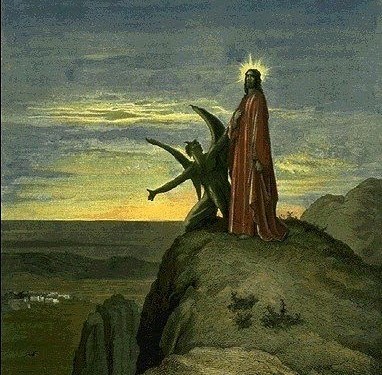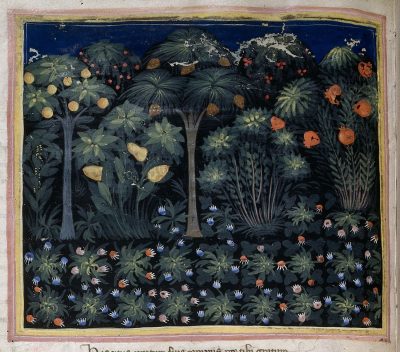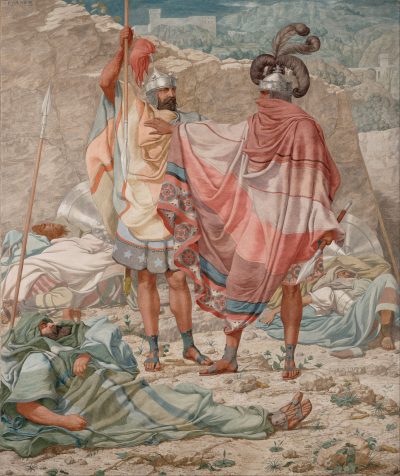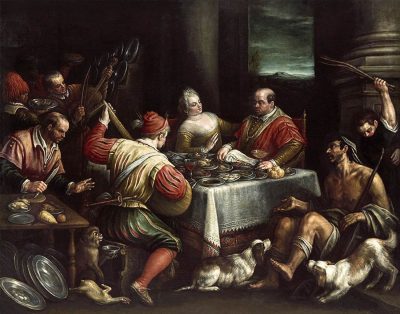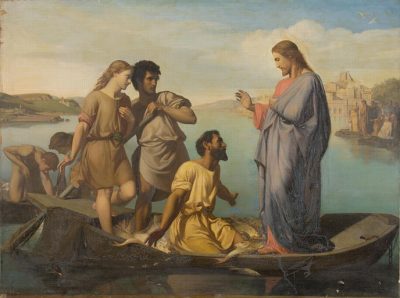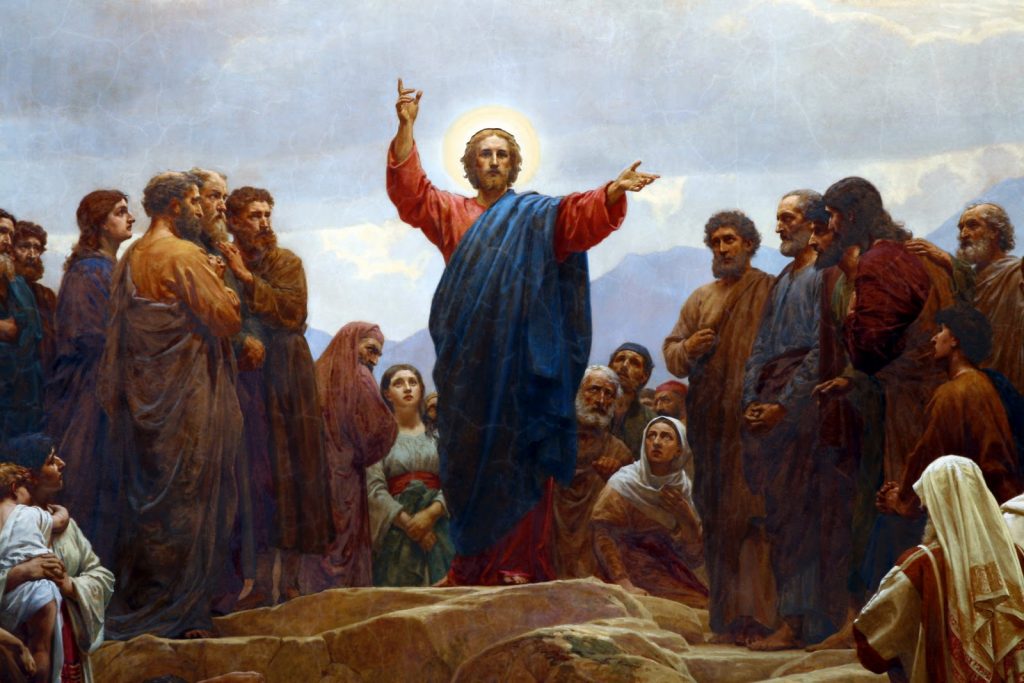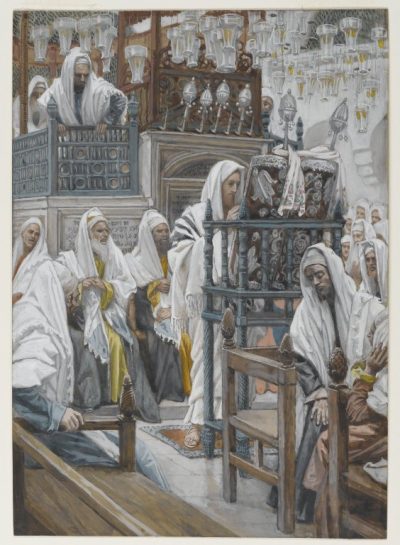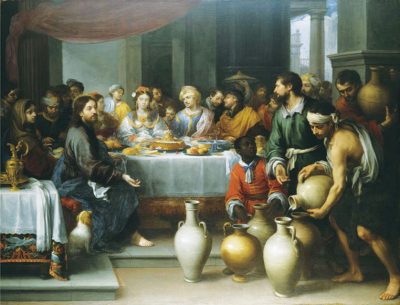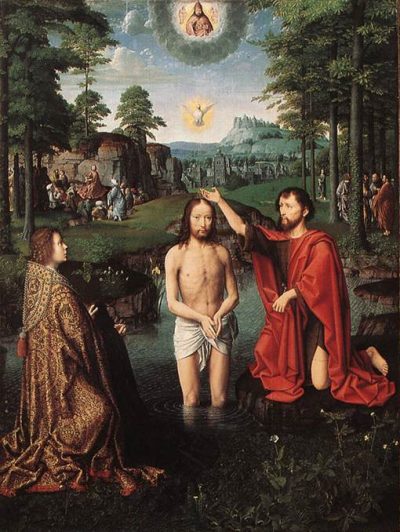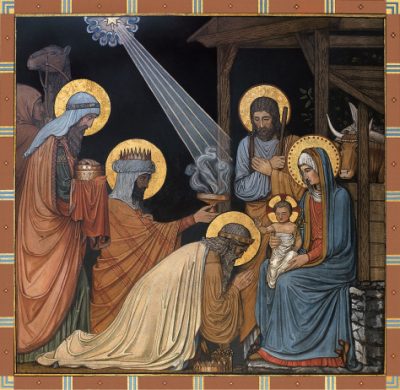Forty Days: Scott Hahn Reflects on the First Sunday of Lent
In today’s epic Gospel scene, Jesus relives in His flesh the history of Israel.
We’ve already seen that, like Israel, Jesus has passed through water and been called God’s beloved Son (see Luke 3:22; Exodus 4:22). Now, as Israel was tested for forty years in the wilderness, Jesus is led into the desert to be tested for forty days and nights (see Exodus 15:25).
Forty Days: Scott Hahn Reflects on the First Sunday of Lent Read More »



